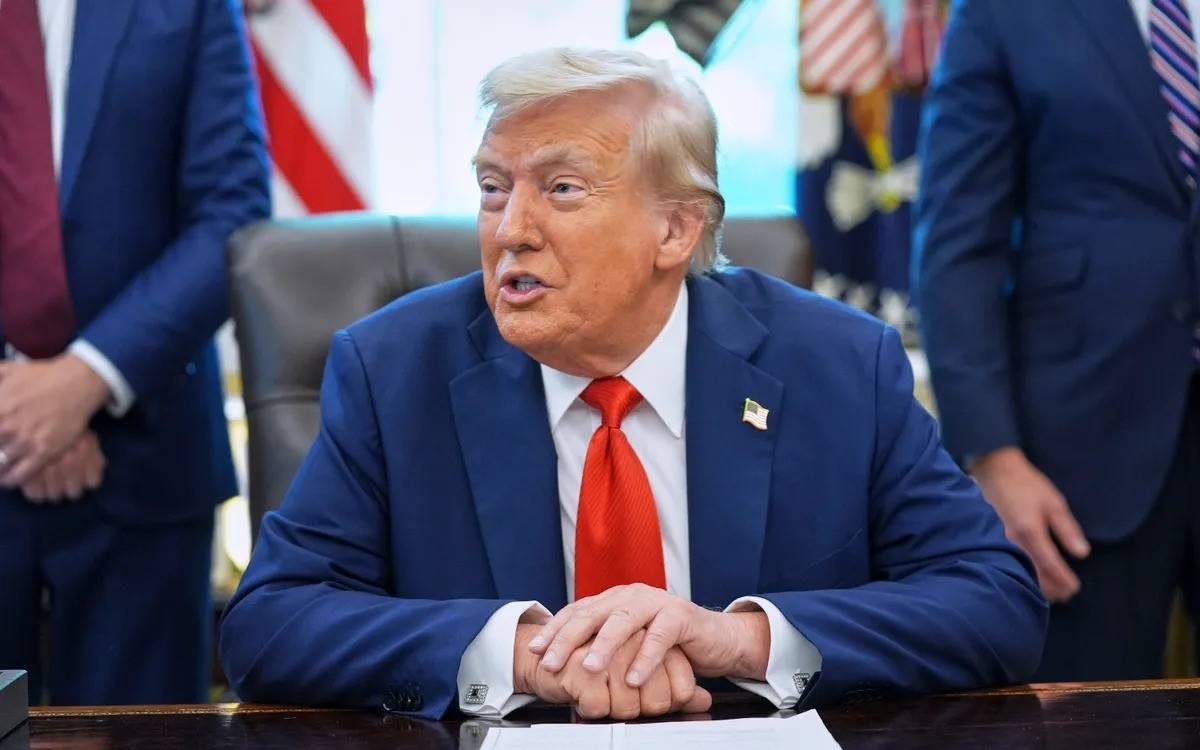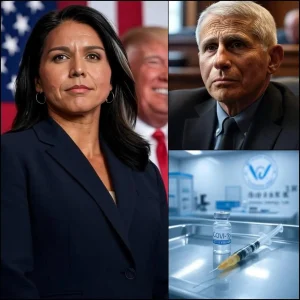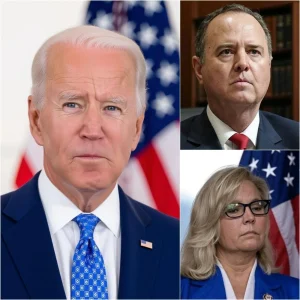The decision by President Donald Trump to cancel former Vice President Kamala Harris’ Secret Service protection has sparked heated debate across the United States. According to reports, Harris, who served as vice president until January 2025, was entitled to six months of protection under federal law, a period that ended in July. Former President Joe Biden had quietly extended her security detail for an additional year, citing heightened threats due to her historic role as the first woman and first Black and South Asian vice president. However, Trump, in a memorandum dated August 28, 2025, directed the Secret Service to discontinue this extension, effective September 1, just weeks before Harris’ high-profile book tour for her memoir, 107 Days. The move has ignited a firestorm of opinions, with supporters and critics clashing over its implications.

Proponents of Trump’s decision argue it’s a matter of fairness and protocol. Federal law mandates only six months of protection for former vice presidents, unlike the lifetime coverage granted to former presidents. A senior White House official emphasized that Harris’ extension was atypical, noting that figures like Mike Pence and Dick Cheney adhered to the standard six-month period. Some see the revocation as a pragmatic step, especially since a recent Secret Service threat assessment reportedly found no credible risks warranting extended protection. For Trump supporters, this aligns with his broader pattern of scaling back security for non-essential figures, including Hunter and Ashley Biden, John Bolton, and Anthony Fauci. They argue that taxpayer-funded protection should be reserved for those with clear, ongoing threats, and private security, though costly, is a viable option for someone of Harris’ stature.
Critics, however, view the decision as a dangerous act of political retribution. California Governor Gavin Newsom and Los Angeles Mayor Karen Bass have condemned the move, with Bass calling it “another act of revenge” that endangers Harris. As a Los Angeles resident, Harris could rely on local police, but critics argue this pales in comparison to the Secret Service’s capabilities. Harris faced significant threats during her vice presidency and 2024 presidential campaign, including a documented case in August 2024 where a Virginia man was charged with threatening her life. Her status as a trailblazer amplified these risks, making the timing of the revocation—right before a 15-city book tour—particularly alarming. Some, like community organizer Tanisha Long, have accused Trump of fostering a climate of political violence, pointing to his pardons of January 6 rioters as evidence of a vendetta-driven agenda.

The debate isn’t just about security—it’s about precedent and politics. While extensions for vice presidents aren’t unheard of (Al Gore and Dan Quayle received them), they require presidential or congressional approval. Trump’s swift action, without public explanation, has fueled accusations of targeting political foes. Meanwhile, others question whether Harris’ team overstated the need for extended protection. As the nation watches, the question remains: is this a routine policy adjustment or a calculated move in a polarized political landscape? The answer depends on where you stand.






